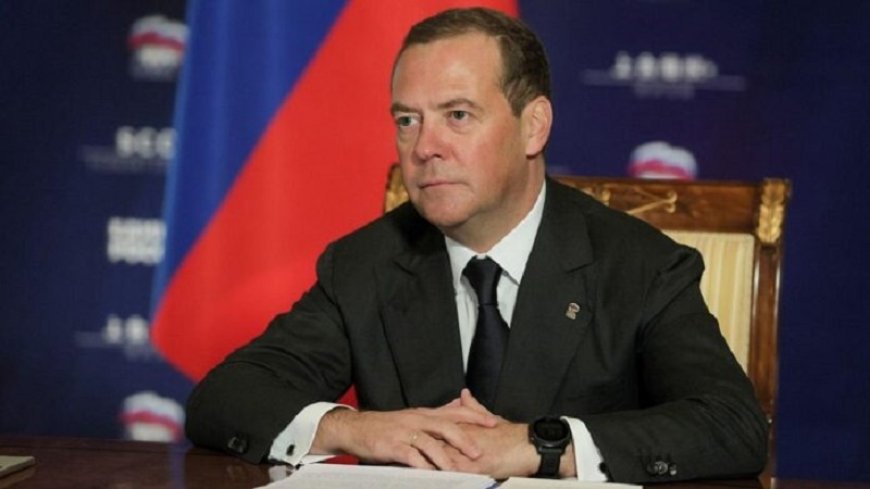Medvedev: "Russia must choose unconventional targets for attacks"
Medvedev: "Russia must choose unconventional targets for attacks"

Russia's forces must choose "unconventional" targets to carry out attacks in Ukraine. This is what the deputy chairman of the Russian Security Council, Dmitry Medvedev wrote on Telegram. According to the Moscow official, Ukrainian troops "increasingly choose peaceful and civilian targets for their sneaky attacks", because "they need victories, even if irrational", for the lack of successes of the counter-offensive. In turn, Russian forces, Medvedev added, must "choose unconventional targets for attacks, not just depots, energy hubs and oil bases."
“There are places where they are not waiting for us yet. And where the effect will be very heavy,” concluded Medvedev. The restoration of the wheat deal, which was suspended after July 17, is impossible without the participation of Moscow, Vershinin added. “My opinion is that without Russia it cannot be done,” Vershinin said. "Now there are no negotiations on the resumption of the wheat agreement, or the Black Sea Grain Initiative. We clearly expressed our position. After July 17, the renewal of the initiative did not take place. We opposed it, taking into account the experience of the Istanbul agreements that we have accumulated over the year," Vershinin told Russian reporters on the sidelines of the UN Food Systems Summit scheduled in Rome from today to Wednesday July 26.
The deputy minister noted that the way the deal on wheat, most of which was fodder, was implemented had nothing to do with fighting hunger. Furthermore, he recalled that the second part - a memorandum with the United Nations, which provided for the facilitation of the unhindered export of products and fertilizers from Russia - has not been implemented. The Black Sea Initiative, signed in 2022 by representatives of Russia, Turkey, Ukraine and the United Nations, ceased operations on 18 July.
Its terms included the export of Ukrainian grain, food and fertilizers from three Black Sea ports, including Odessa. In addition, the Russia-UN memorandum, designed for three years, provided for the unblocking of Russian food and fertilizer exports, reconnecting Rosselkhozbank to SWIFT, resuming the supply of agricultural machinery and spare parts, restoring the Togliatti-Odessa ammonia pipeline and other clauses. As Russian President Vladimir Putin said, without fulfilling the points of the memorandum, "the continuation of the agreement on wheat in the form in which it existed has lost all meaning." According to him, Moscow will consider returning to the implementation of the agreement if all the principles of its participation, without exception, are taken into account and implemented.













































